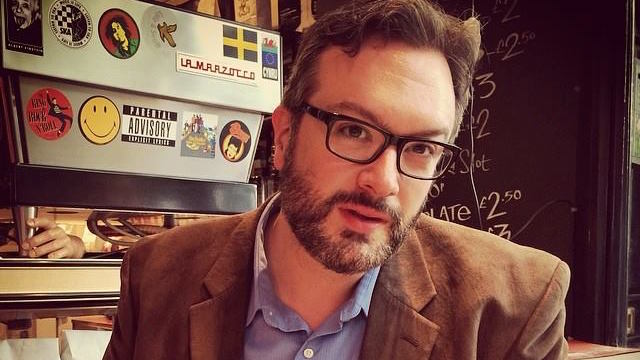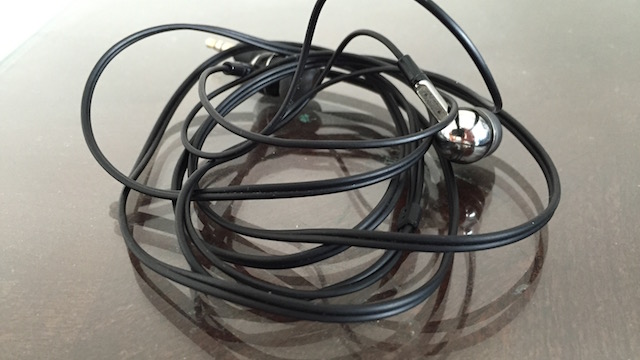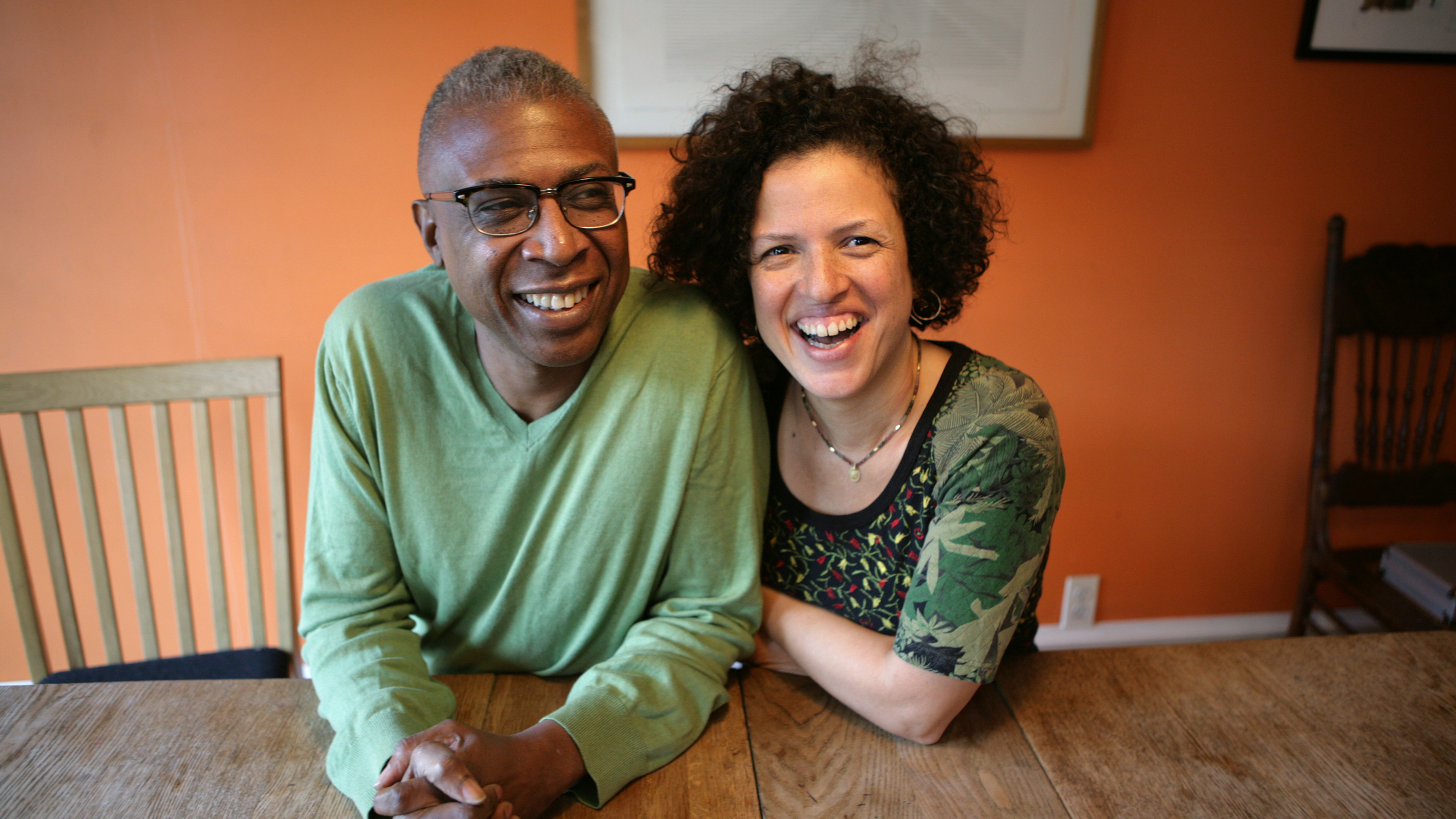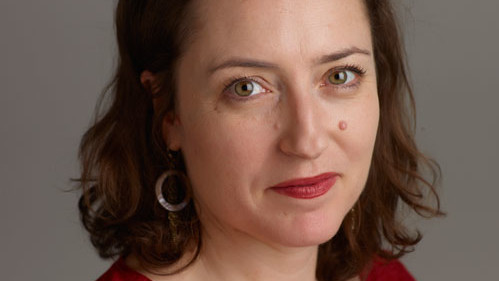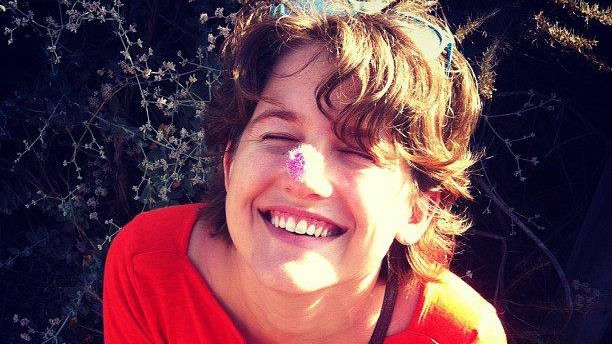In my first post of 2021, I spoke about a quote from fictional character George Costanza that helps ground me when I stress too much.
In my second post, I cited NPR great Ira Glass and one of my favorite authors, Anthony Doerr, and discussed their ruminations on chasing perfection.
Now comes Post #3, and I’m again inspired by a kernel of wisdom in an unexpected place.
Kevin Hart, the ridiculously accomplished standup comedian/actor/content creator, now hosts a podcast. It’s called Inside Jokes, and it follows a familiar format: comic superstar interviews another comic superstar for nearly an hour. The first episode dropped Monday. Hart’s guest? Jerry Seinfeld.
I couldn’t help but click, and within five minutes, I heard an observation from Seinfeld that gave me a jolt about my own line of work.

